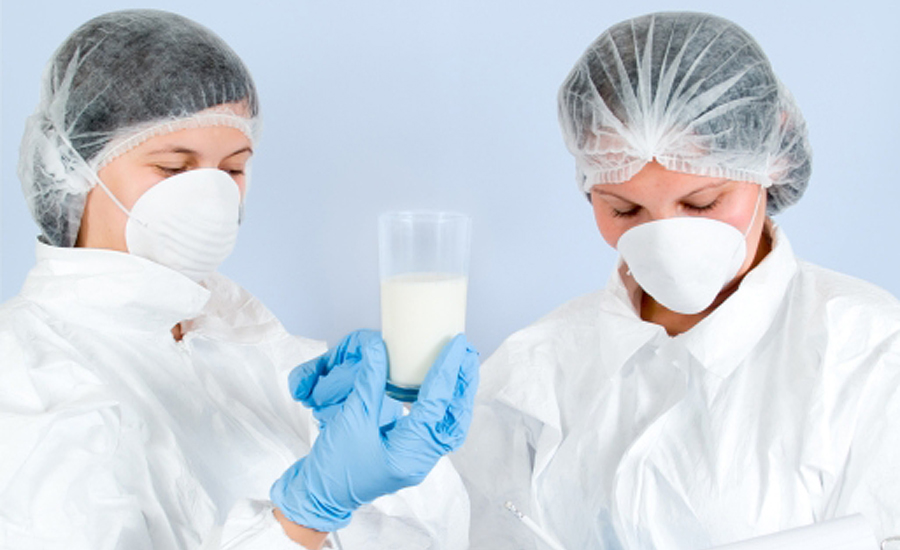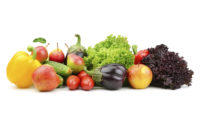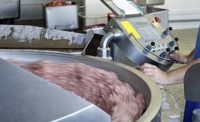HorizonScan, Fairfield, Iowa, released findings for Q4 2018, noting an increase in food integrity issues in key categories such as meat and meat products, poultry, seafood, milk and dairy.
“One of the primary components of the Food Safety Modernization Act [FSMA] is that companies must conduct a risk assessment of their ingredients and suppliers to detect hazards,” says Ron Stakland, global product manager. “However, the globalization of ingredient sourcing has made it more challenging than ever to assess the chemical, biological and physical risks in the supply chain.”
For example, hazard reports for meat and meat products increased by 30.3% in Q4 and overall for the year by 35.7%. This was due in large part to a nearly 32% increase in reports of salmonella and listeria in sausages and an almost 20% increase in hazards reported for preparations.
Poultry and poultry products saw an increase of 27.7% over the third quarter, but showed a decline of 7.1% since Q4 of 2017, which had a record number of problems. These issues stemmed primarily from Salmonella contamination in chicken meat from Brazil.
Seafood issues were down 11.7% for the fourth quarter of 2018, following a rise in the third quarter, but still remained up 11% vs. the previous year overall. This was primarily due to issues such as mercury, altered organolepsis (affecting, or relating to qualities such as taste, color, odor and feel) and fraud in fish, and significant issues with Listeria, histamine and insufficient controls in smoked/dried/cured fish. There was also an uptick in reports of veterinary drugs and salmonella in crustaceans.
Milk and dairy product hazard reports saw a quarterly increase of 7.8%, with an overall annualized increase of slightly more than 17%.
On a more positive note, there was a significant fourth-quarter decline in issues with fruits and vegetables, which were down 29.6% and down 5.7% over the prior year.
“Growing consumer and regulatory demand for food transparency and sustainability has spurred both mandated and voluntary global industry standards for greater visibility into the supply chain,” says Stakland. “Fines are just one part of the picture. It’s estimated that the average cost of a product recall is $10 million, which can easily multiply, depending on the size and scope of the recall. For example, consider the steep costs involved in the recent issues with Romaine lettuce. Add to that the potential damages a supplier, manufacturer or retailer can incur as a result of fines, consumer-facing litigation and negative publicity.”
The HorizonScan food safety management system monitors safety and integrity alerts worldwide, collecting data daily from over 110 food safety agencies and other sources to deliver timely alerts on emerging food safety issues affecting nearly 600 commodities from more than 180 countries. It also contains data on over 20,000 suppliers who have been the subject of one or more hazard reports in the past 15 years.



